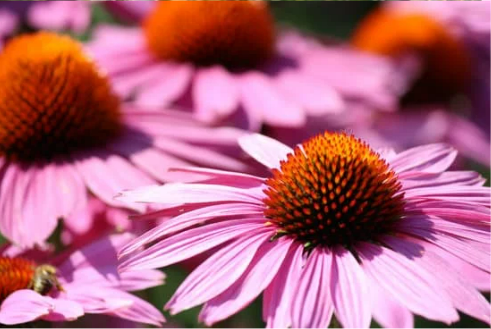The product was bought for my brother who lives in South Carolina, don’t know if he has used or not. Sorry
I had such an issue with squirrels getting in my bird feeders and scarfing down all the seed. Found this product when I was picking up more Deer Mace at my local garden center. I filled my feeders and hung them in tree with their baffles. Sprayed the branch that supported all 5 feeders plus the tops of the baffles. Did not have a problem with them this past winter. We do have an issue with them getting in our attic I believe we are going to try it up there to see if it works just as well. Thanks for a great product!
For me this stuff is 20 stars!! I found this at my local garden center for about the same price. I would get pretty upset when my lilies are budding and the next day all buds were gone!!! Mixed up concentrate and sprayed all my beds down, deer pass my flowers by now, YES! Thank you! Used the Squirrel spray too, no feeder issues this past winter. Happy happy girl!
Purchased last year because there are a lot of free roaming dogs in my new neighborhood and they LOVE to use my yard as a toilet. While the dog mace is a decent size bag, I had to reapply once a week to keep the dogs out of my yard. I went through the bag in about 5 weeks. If you apply once a week it definitely works, but then I had to ask myself why I have to pay $40 a month because I have irresponsible neighbors? If you can afford it, it’s worth it. I decided to invest in a 4ft picket fence.
This is a great product. Have now ordered 3 times & will continue to do so. Safe for my dog yet repels the moles.
So far so good, trying to protect my hostas and rhododendrons. Bought a gallon of the concentrated version. Have only been able to do 1 application so far but will do another after the next rain storm. Does have a pleasant smell unlike the previous product I was using.
The bottle leaks at the nozzle a little but it works wonders
Your product for moles and voles seems to have solved the problem, at this point there has been no mole activity .







